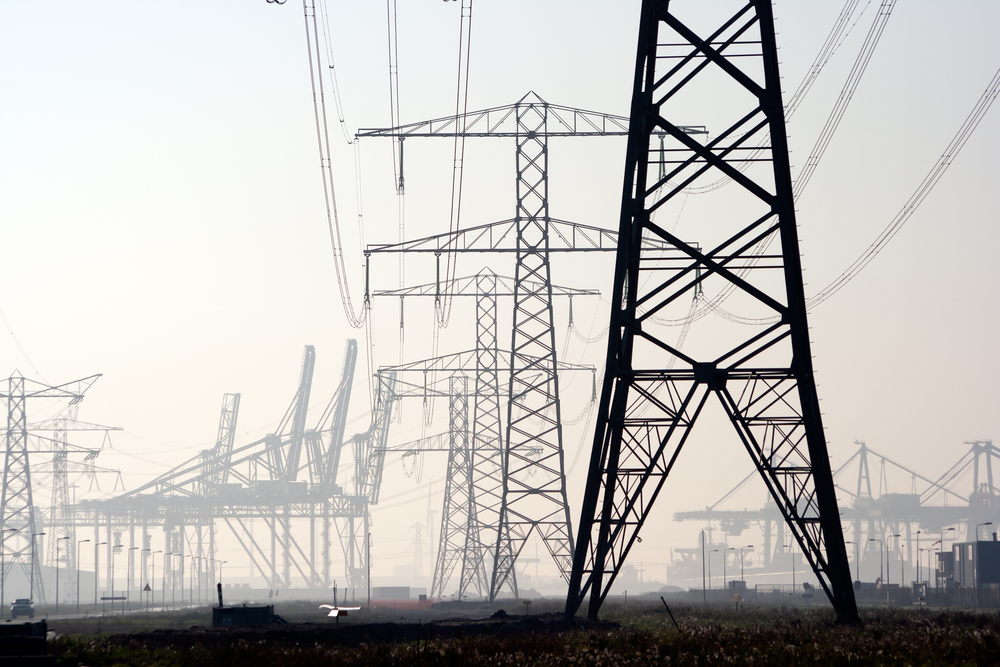The Dutch bank ABN AMRO stated that energy bills for citizens in the Netherlands have risen up to 20% in the first three months of 2022. 🤯
ABN AMRO tracked and analyzed the transactions of payment accounts and discovered that the average energy bill of a household went from €135 in February 2022 to €137 in March the same year, reports the NOS. 📈
READ MORE | 10 dang smart ways to save on energy costs in the Netherlands
Costs vary depending on the type of energy contract
What kind of utility contract do you have? We’ll wait while you run and double-check. 👀
In their report, the Dutch bank mentioned that residents with fixed contracts won’t see the higher prices reflected on their energy bills. This is because they pay fixed-rate energy tariffs.
READ MORE | Gas, electricity, water and more: ultimate guide to utilities in the Netherlands
On the other hand, those who have variable contracts or soon-expiring contracts are about to receive some costly bills. 🧾
In the Netherlands, 40% of households have variable energy contracts, meaning their residents will have to deal with the soaring price increase. 💶
More consequences for low-income households
Especially residents with low incomes will experience negative effects on their economic situation, according to their own banks.
Those earning the lowest 20% of income in the Netherlands spend about 13% of their income on energy costs, reports the NOS.
The energy shortage is hitting high-income and low-income families in similar ways. However, the effects are likely to be more long-lasting for low-income groups.
The reason for this is that those with low incomes usually have variable energy contracts and live in poorly insulated houses, says Jeannine van Reeken, an economist at ABN AMRO.
Have you noticed this rise in energy costs first-hand yet? Tell us in the comments!



